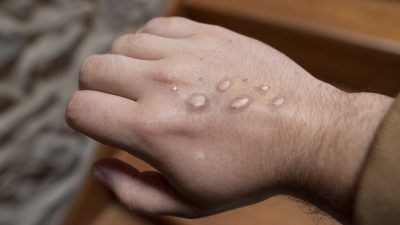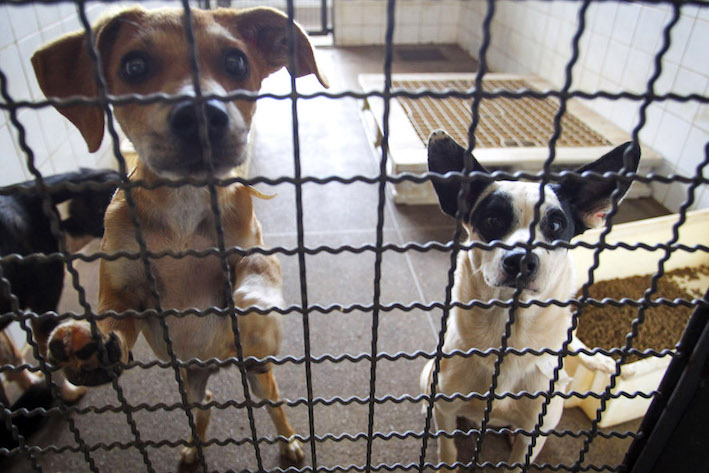Every year on July 6, World Zoonoses Day is observed to honour the first zoonotic disease vaccination given, such as those against West Nile virus, ebola, and influenza.
Zoonotic disorders are brought on by bacteria, fungi, viruses, and parasites. These microorganisms can cause a variety of ailments in both humans and animals, ranging in severity. Some may even be fatal. Animals, unlike people, frequently seem healthy even when they contain these infections.
The goal of World Zoonoses Day, which was established on July 6th, 1885, was to inform people about zoonotic diseases—those that may spread from animals to people. It honours Louis Pasteur, a French biologist who gave the first dosage of the first anti-rabies vaccine.
On this World Zoonoses Day, let us know about ‘Monkey Pox’, a Zoonoses disease rapidly spreading across 53 countries of the world.
What is Monkeypox?
Monkeypox is a disease caused by the monkeypox virus. It is a viral zoonotic disease, meaning that it can spread from animals to humans. It can also spread between people. The disease is called monkeypox because it was first identified in colonies of monkeys kept for research in 1958. It was only later detected in humans in 1970.



